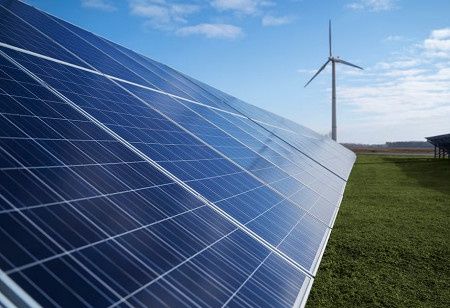
Solar manufacturers in China reported losses as U.S. President Donald Trump's trade conflict increased pressure on demand in an industry where top producers were already facing low prices and export tariffs to the United States. Top manufacturers Longi Green Energy and JinkoSolar both reported a net loss of 1.4 billion yuan ($193 million) for the initial quarter, while rivals JA Solar and Trina Solar recorded losses of 1.6 billion yuan and 1.3 billion yuan, respectively. Longi announced a net deficit of 8.6 billion yuan for 2024 and advised analysts in a call that the demand for solar products was expected to stay consistent on a year-over-year basis in 2025.
"Throughout the reporting period, prices in the solar industry supply chain were low, and overseas trade policies affected demand, putting pressure on all industry segments," stated Jinko, observing that losses increased from 473.7 yuan in the final quarter of last year. The company's sales of solar products, which include silicon wafers, solar cells, and modules, fell by 12.68 percent from the prior year, amounting to 19,130 megawatts for the quarter. Jinko reported that it underwent the fastest growth in the Asia Pacific and Africa regions, while China, the U.S., and Europe remain the biggest markets.
Before Trump's trade war, during which he enacted 145% tariffs on Chinese products, Chinese solar exports to the U.S.—the second-largest solar market after China—were already facing tariffs. As a result, Chinese manufacturers set up production centers in Southeast Asian countries, which U.S. producers later targeted through trade cases alleging that these nations were flooding the market with inexpensive goods. In response to one of these scenarios, the U.S. last week imposed tariffs as high as 3,500 percent on solar products produced by Chinese solar firms based in Malaysia, Cambodia, Thailand, and Vietnam.
During its investor call, Jinko disclosed that around 5 percent of its sales in the quarter came from the U.S. Jinko notified investors that, in addition to solar products, tariffs were making the sale of battery storage systems to the U.S. prohibitively expensive.

